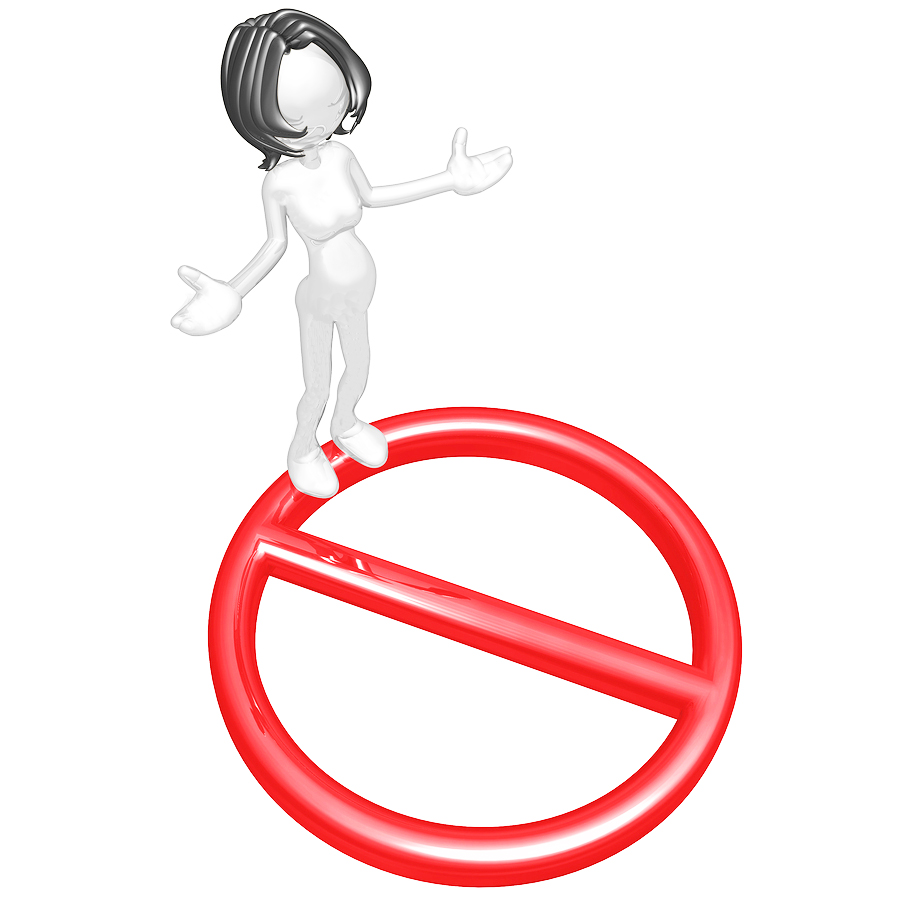Fashion retail success requires a bit of tooting your own horn — and there’s nothing wrong with calling attention to being socially responsible when you are. If you keep up with what’s happening in our industry in apparel, you probably know that the rapidly changing tastes in style are creating problems with disposing of unwanted garments.
 In April, fashion retailer H&M, with 4,000 stores worldwide and sales of $25 billion last year, held a dual launch for both their latest “Conscious Collection,” and introducing the concept of their customers’ recycling unwanted clothes in their stores. According to the H&M Blog published for World Recycling Week, “The idea is simple: Bring your unwanted clothes (from any brand, in any condition) to your nearest H&M store. H&M will recycle them and create new textile fibre, and in return you get vouchers to use at H&M. Everybody wins!”
In April, fashion retailer H&M, with 4,000 stores worldwide and sales of $25 billion last year, held a dual launch for both their latest “Conscious Collection,” and introducing the concept of their customers’ recycling unwanted clothes in their stores. According to the H&M Blog published for World Recycling Week, “The idea is simple: Bring your unwanted clothes (from any brand, in any condition) to your nearest H&M store. H&M will recycle them and create new textile fibre, and in return you get vouchers to use at H&M. Everybody wins!”
Problem is, it’s not really as simple as it seems. Only one-tenth of one percent of all clothing collected by charities and take-back programs is recycled into new textile fiber, H&M’s development sustainability manager, Henrik Lampa, told Newsweek. The EPA says that up to 84 percent of unwanted clothes in the United States ends up in either a landfill or an incinerator. Natural fibers, like cotton, linen and silk, or semi-synthetic fibers created from plant-based cellulose, like rayon, Tencel and modal, produce the potent greenhouse gas methane while they degrade buried in a landfill. But Jason Kibbey, CEO of the Sustainable Apparel Coalition, told Newsweek that “natural fibers go through a lot of unnatural processes on their way to becoming clothing. They’ve been bleached, dyed, printed on, and scoured in chemical baths.” Those chemicals can then leach from the textiles and — in improperly sealed landfills — into groundwater. When burned in incinerators, the clothes can release toxins into the air.
If you are a responsible consumer, or a responsible distributor of promotional apparel, it’s hard to feel good about buying into a fast-fashion model that produces trend-driven, disposable clothing. H&M’s head of sustainability, Anna Gedda, acknowledged in a Vogue interview that the company has a way to go to improve. “We’re a really big company,” she says. “I think it’s really a luxury to us because we really have the power to create change and it means that we can… put a lot of focus into that material and create demand and increase supply for that, which is fantastic,” referring specifically to sustainable fabrics. “It means that we can also meet with prime ministers to discuss wages in Bangladesh, for example.”
 But while H&M may well be discussing wages in Bangladesh, women making H&M clothing in Cambodia and India at the same time may be getting fired — just for getting pregnant. Broadly, citing a study done by the Asia Floor Wage Alliance, reports that women are routinely exploited in factories making H&M clothing in the two countries. 251 women interviewed, for the report called “Precarious Work In The H&M Global Supply Chain”, allege numerous violations of international best practices in labor standards. Employees from 11 out of 12 factories in Cambodia reported witnessing or experiencing termination of employment during pregnancy. All 50 workers surveyed from Indian supplier factories also told investigators that women were routinely fired from their jobs during pregnancies. Meanwhile, sexual harassment in the workplace is commonplace — in Cambodia alone, workers from nine out of 12 factories reported experiencing it in their workplaces. For H&M, it’s a tale of two company images — waving their own positive image flag, while simultaneously shooting themselves in the foot with social responsibility practices.
But while H&M may well be discussing wages in Bangladesh, women making H&M clothing in Cambodia and India at the same time may be getting fired — just for getting pregnant. Broadly, citing a study done by the Asia Floor Wage Alliance, reports that women are routinely exploited in factories making H&M clothing in the two countries. 251 women interviewed, for the report called “Precarious Work In The H&M Global Supply Chain”, allege numerous violations of international best practices in labor standards. Employees from 11 out of 12 factories in Cambodia reported witnessing or experiencing termination of employment during pregnancy. All 50 workers surveyed from Indian supplier factories also told investigators that women were routinely fired from their jobs during pregnancies. Meanwhile, sexual harassment in the workplace is commonplace — in Cambodia alone, workers from nine out of 12 factories reported experiencing it in their workplaces. For H&M, it’s a tale of two company images — waving their own positive image flag, while simultaneously shooting themselves in the foot with social responsibility practices.
How about you, are you asking the right questions about social responsibility from your apparel suppliers?
I want to pass along congratulations to Tim Brown, MAS, who has joined the Quality Certification Alliance (QCA) as executive director-operations. Brown was most recently product responsibility manager at PPAI, and has supplier experience from Cintas, where he served as supplier relationship manager. He was a member of the PPAI Product Responsibility Action Group (PRAG) from 2011-2013. Brown is responsible for the overall direction and operational oversight of the QCA organization, while Dee Fenton, QCA Executive Director – Compliance, retains responsibility for compliance, standards and the QCA Accreditation Program. Brown told us he thinks the greatest opportunity is being able to create end-buyer awareness. “I’m looking forward to being the driving force in bringing QCA front and center across the end buyer community by establishing the organization as the best-in-class compliance program for protecting brand reputations in an increasingly regulated world.”
Jeff Jacobs has been an expert in building brands and brand stewardship for more than 35 years, working in commercial television, Hollywood film and home video, publishing, and promotional brand merchandise. He’s a staunch advocate of consumer product safety and has a deep passion and belief regarding the issues surrounding compliance and corporate social responsibility. He recently retired as executive director of Quality Certification Alliance, the only non-profit dedicated to helping suppliers provide safe and compliant promotional products. Before that, he was director of brand merchandise for Michelin. As a recovering end-user client, he can’t help but continue to consult Fortune 500 consumer brands on promo product safety when asked. You can also find him working as a volunteer Guardian ad Litem, traveling the world with his lovely wife, or enjoying a cigar at his favorite local cigar shop. Follow Jeff on Twitter, or reach out to him at jacobs.jeffreyp@gmail.com.